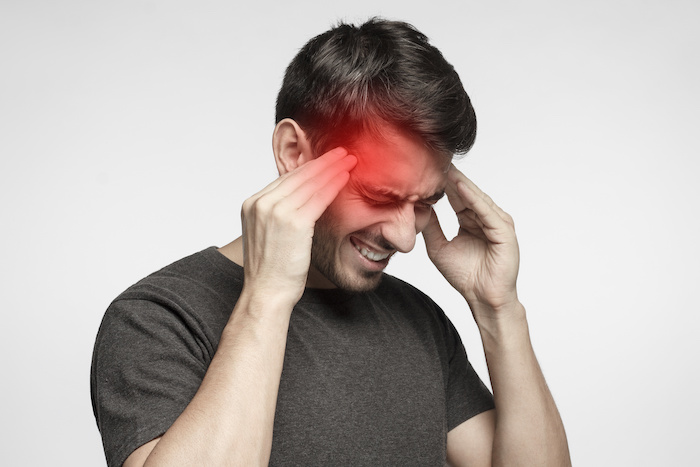Headache Treatment
Headaches are a common affliction that can range from mild to debilitating. They can arise from a variety of causes, and effective treatment often depends on the underlying cause and the type of headache. Here’s a comprehensive guide to understanding and treating headaches.
1. Understanding Headaches
Headaches are classified into two main categories:
2. Treatment Strategies
1. Lifestyle Modifications:
- Hydration: Dehydration can lead to headaches, so drinking plenty of water is crucial.
- Regular Sleep: Maintain a consistent sleep schedule, as irregularities can trigger headaches.
- Stress Management: Techniques such as yoga, meditation, and deep breathing can help manage stress, which is a common trigger for tension headaches.
- Dietary Adjustments: Avoiding known dietary triggers (like caffeine, alcohol, or specific foods) can help prevent headaches.
2. Over-the-Counter Medications:
- Acetaminophen (Tylenol): Effective for mild to moderate headaches. It's often recommended for those who cannot tolerate NSAIDs.
- Nonsteroidal Anti-Inflammatory Drugs (NSAIDs): Includes ibuprofen (Advil) and naproxen (Aleve). These are effective for reducing inflammation and pain.
- Combination Medications: Some over-the-counter medications combine acetaminophen, aspirin, and caffeine, which can be effective for tension headaches and migraines.
3. Prescription Medications:
- Triptans: Medications such as sumatriptan and rizatriptan are specifically used for migraines. They work by constricting blood vessels and reducing inflammation.
- Ergotamines: These are less commonly used but can be effective for migraines that don’t respond to triptans.
- Preventive Medications: For frequent migraines or cluster headaches, doctors may prescribe beta-blockers, anticonvulsants, or antidepressants to reduce the frequency and severity.
4. Non-Medication Therapies:
- Physical Therapy: Useful for tension headaches, physical therapy can help address poor posture or muscle tension.
- Acupuncture: Some individuals find relief through acupuncture, which involves inserting thin needles into specific points on the body.
- Massage Therapy: Regular massages can reduce muscle tension and alleviate headache symptoms, especially for tension-type headaches.
- Biofeedback: This technique involves learning to control physiological functions to reduce headache frequency and severity.
5. Identifying and Avoiding Triggers:
- Headache Diary: Keeping a headache diary can help identify patterns and triggers. Record the frequency, duration, and intensity of headaches, as well as dietary intake, stress levels, and sleep patterns.
- Environmental Modifications: Reducing exposure to bright lights, loud noises, and strong odors can help prevent headaches.
6. Addressing Underlying Conditions:
- Sinus Issues: Treating sinus infections with antibiotics or nasal sprays can alleviate sinus headaches.
- Hypertension Management: Properly managing high blood pressure with lifestyle changes and medication can prevent headaches related to hypertension.
- Medication Overuse: Reducing or discontinuing the use of pain medications that might be causing rebound headaches is crucial.
7. When to Seek Medical Help:
- Severe or Unusual Headaches: If you experience a sudden, severe headache or a headache that is different from your usual pattern, seek medical attention immediately.
- Neurological Symptoms: Headaches accompanied by neurological symptoms such as visual disturbances, weakness, or confusion warrant prompt evaluation.
- Chronic Headaches: If headaches are frequent and interfere with daily life, consult a healthcare provider for a comprehensive evaluation and tailored treatment plan.
8. Conclusion
Effective headache management involves a multifaceted approach, combining lifestyle adjustments, appropriate medications, non-medication therapies, and identifying triggers. While over-the-counter and prescription medications can offer relief, addressing the underlying causes and making necessary lifestyle changes play a crucial role in managing and preventing headaches. Always consult with a healthcare provider to determine the best course of action for your specific type of headache and overall health condition.
